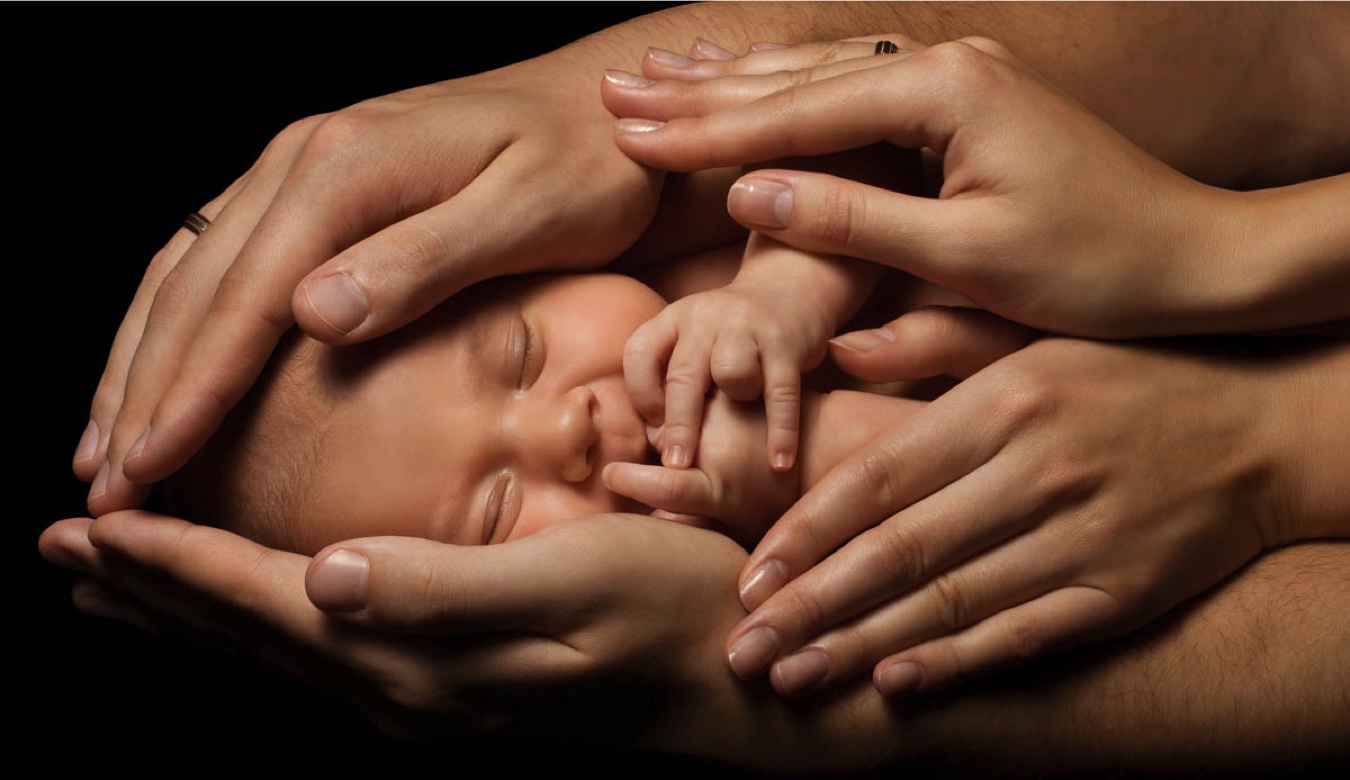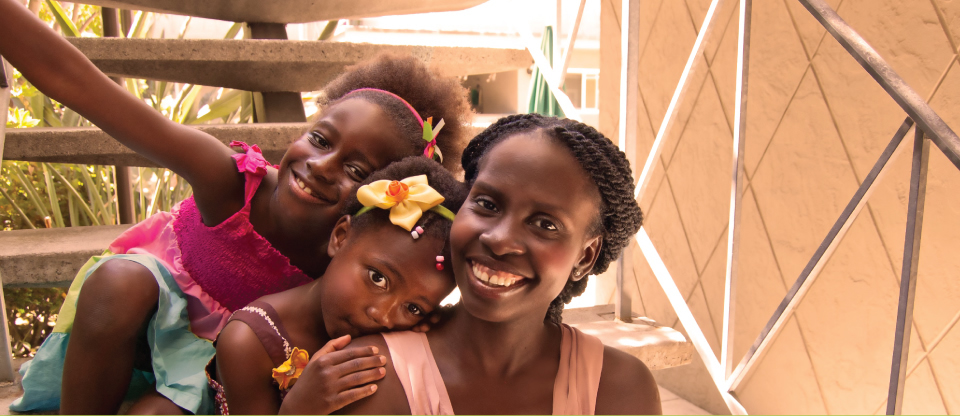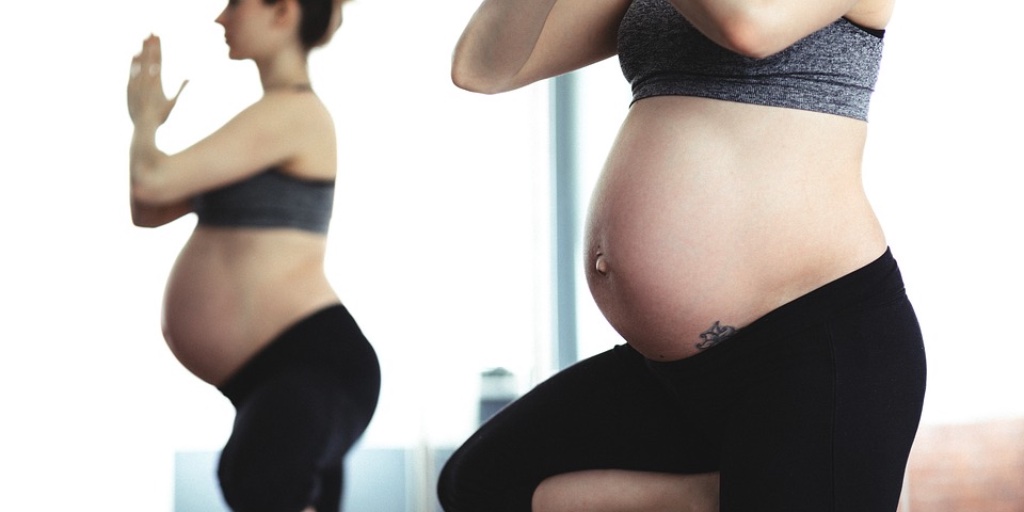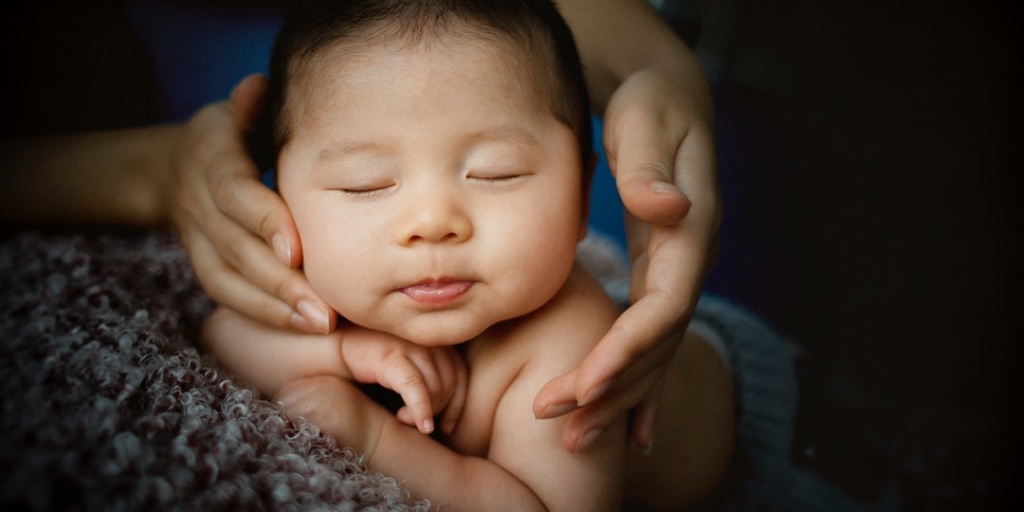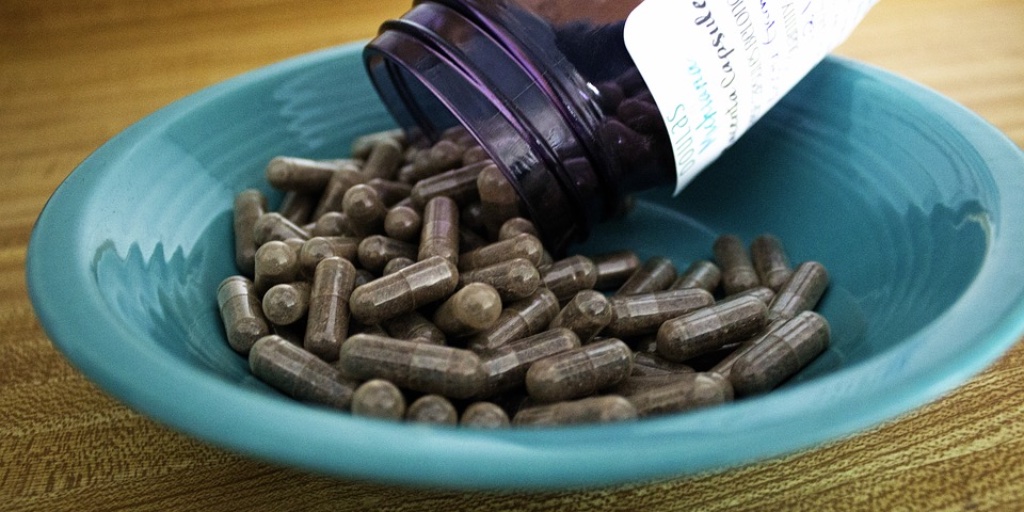Every woman deserves the opportunity to fully heal and recover from birth trauma. It is never too late to address a past trauma.
Listen to this episode of Fourth Trimester Podcast to hear:
How to recognize that you’ve experienced trauma or PTSD
How to begin addressing a potential trauma – the first steps to take for healing
Good Enough Mothering & Self Acceptance
Good Enough Mothering is actually The Best Mothering
Build Your New Parent Community Around You – Manuela Bakilana & Shakila Marando From Doulas By The Bay
Most women in the USA do not have a community coming to support them and their new family during the first 90 days after having a baby.
Listen to this episode to learn about the advantages of building up a community of friends, family, trusted neighbors, and professional supporters (e.g. a postpartum doula, a night doula).
Chicken Soup for the Soul – Life Lessons for Busy Moms
On Episode 56 of the Fourth Trimester Podcast we speak with Lynn Benson, co-author of “Chicken Soup for the Soul Life Lessons for Busy Moms.”
Listen to hear more about:
Signs you’re suffering from burnout as a result of caregiving
The physical, emotional stress and financial toll of caregiving
Tools and resources available to help family members with the challenges of caregiving
One In Three Women Experience Urinary Incontinence After Having A Baby – It Doesn’t Have To Be You
As it turns out one in three women experience urinary incontinence after having a baby. The good news is that urinary control is something that can be regained. In other words, if you wee yourself a little bit (like Kate Winslet), this isn’t something you have to live with forever.
Women can regain confidence that they aren’t going to accidentally pee during exercise (think running, jumping jacks, CrossFit, etc.), when they sneeze, laugh out loud, or simply when they have to go to the bathroom. Here’s how.
Preparing For Life With A Newborn
This is THE PREP LIST episode that can act as an essential checklist for any expecting parent. Here’s what we cover:
1. Caring for the postnatal body
2. Preparing for life with a newborn – an introductory playbook — seriously, it’s good
The Benefits Of Movement Therapy For You And Your Baby
The episode about MIND + MOVEMENT. We speak with Evelyn Freebury who is a movement therapist and who has decades of experience working with parents and newborns. She shares ways in which movement therapy benefits both parent and newborn.
At the end of the episode, Evelyn leads us through a live, guided somatic experience. Enjoy!
The Twins & Multiples Episode – What You Need To Know If You’re Expecting More Than One
No one parenting experience is the same as another, but one thing we can continually agree upon for all new parents is that support for the new family during their first few months with a newborn is paramount. Moms and Dads are better equipped to take care of their babies when they themselves are getting their needs met. And when it comes to twins, there is perhaps double the reason (or triple if you’re having three babies!) to make sure you’ll be well-supported during the first six weeks at home.
We are excited to call this episode of the Fourth Trimester Podcast the TWINS episode. Here’s what we cover:
Having twin babies prematurely and a neonatal intensive care unit (NICU) experience
Why it isn’t just a simple formula of twice the work
Identifying and getting help for postpartum anxiety
Feeding two babies at the same time
Taking shifts between parents, and additionally with the help of a doula or someone else and how that can benefit everyone
Preparing for the specific differences between preparing for having multiple babies compared to a single baby
Spring Childers Demystifies All Things Placenta
Even Kourtney Kardashian ate her own placenta. Some women eat their placenta because they believe the organ contains the nutrients being transferred from mother to child while the baby is in the womb. Some benefits could include increased breast milk production and a decrease in post-natal depression.
Listen to hear everything you never knew you TOTALLY WISH YOU KNEW about placentas, including:
what is the placenta
what prenatal foods and practices can benefit the placenta
what is placenta encapsulation
what are some of the ideas and benefits around the practice
how have women historically used their placentas
what are some of the placenta traditions in other cultures
where to go to find someone to make capsules for you
what happens with the placenta after birth – how transported to person doing encapsulation – how to store
other beautiful things done with the placenta (e.g. artwork prints)
